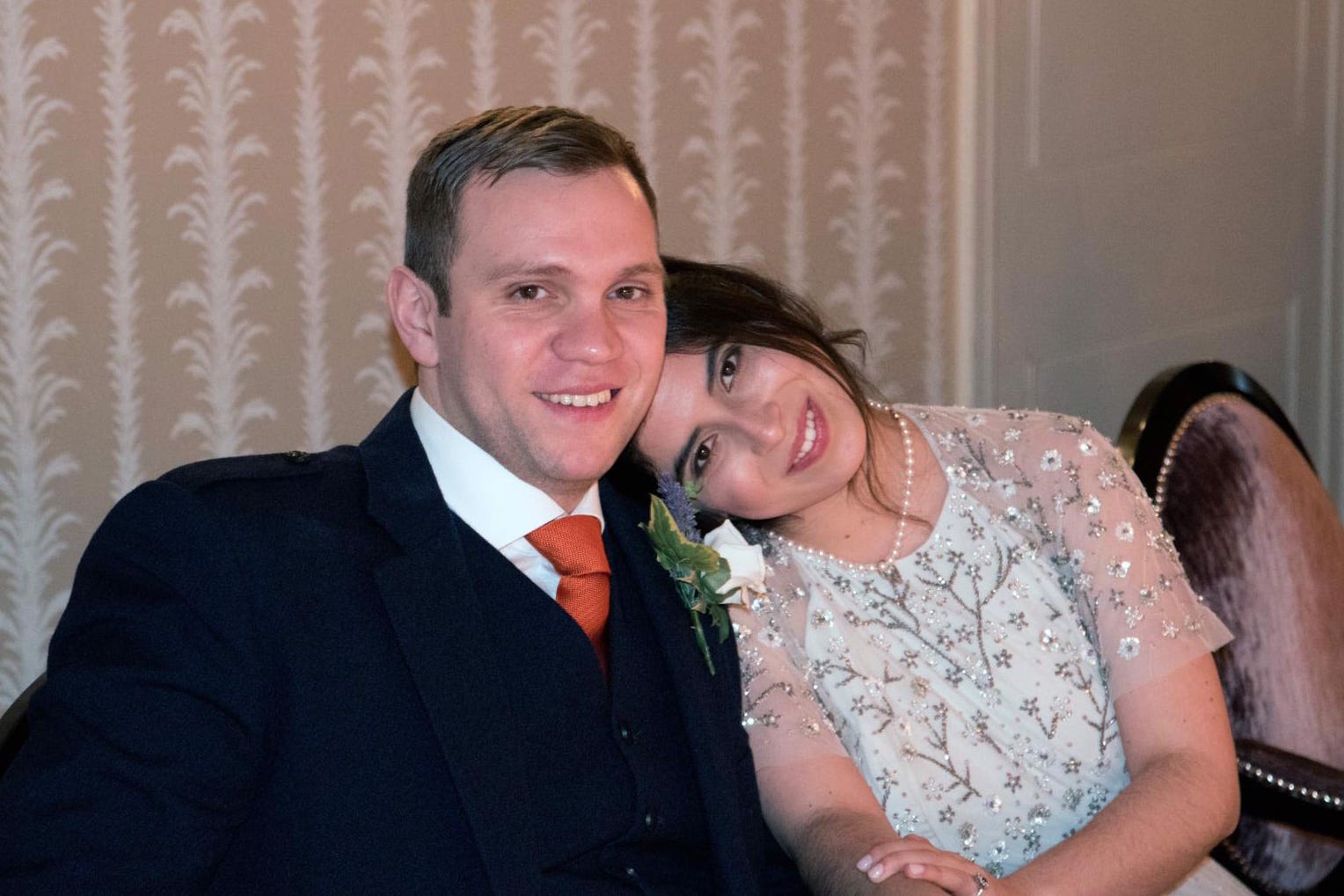Foreign Office apologises to academic for failing to spot torture signs
Matthew Hedges was detained in Abu Dhabi between May and November 2018, after being accused of working for MI6.

The UK Foreign Office has formally apologised to a British academic who was arrested and claims he was tortured by the United Arab Emirates.
The apology was recommended by the Parliamentary and Health Service Ombudsman (PHSO) after Matthew Hedges complained the Foreign Office failed to notice he was being mistreated.
The PHSO, an independent service which examines unresolved complaints against UK Government departments, concluded last month the UK Foreign, Commonwealth and Development Office (FCDO) failed to follow its own guidance on detecting potential torture and mistreatment of British nationals.
In a letter signed by the Foreign Office’s top official, the permanent undersecretary Sir Philip Barton, seen by The Guardian, he acknowledged the profound impact the arrest had on Mr Hedges and the injustice he faced and the failing identified by the ombudsman.
Mr Hedges – who was also given £1,500 compensation, as recommended by the Ombudsman – welcomed the apology, but said it was “baffling” that the UK continues to work alongside the UAE “knowing how callous they are with British lives”.
He continued: “The FCDO’s acknowledgement of the torture and injustice I suffered at the hands of the UAE is a watershed moment, not just for me and my family, but for all British nationals.”
In the recommended letter of apology, Sir Philip Barton said he recognised “the profound impact of your detention in UAE on you and the injustice you have faced”.
He added: “On behalf of the Foreign, Commonwealth and Development Office [FCDO], I acknowledge, and apologise for, the failing identified by the ombudsman, specifically I recognise that we did not fully follow our guidance on torture and mistreatment and that this failure has left you uncertain as to whether more could have been done on your behalf.”
Sir Philip said he recognised that “this has been an emotional and distressing experience that may have a long-lasting impact on your life”.
Mr Hedges was detained in Abu Dhabi between May and November 2018, after being accused of working for MI6.
He had travelled to the UAE to carry out research for his PhD when he was arrested at Dubai airport.
Mr Hedges later described how he was questioned for up to 15 hours a day, forced to wear ankle cuffs, faced sleepless nights, suffered post-traumatic stress disorder (PTSD) and was reliant on a cocktail of drugs that were fed to him in jail.
There is now no doubt that the FCDO failed in their obligations towards one of their citizens and I truly hope that the hundreds of other British nationals who are currently detained and suffering torture will benefit from the FCDO's promise of reviewing their clearly outdated and insufficient policies
Mr Hedges, originally from Exeter, was sentenced to life imprisonment but was pardoned by the nation’s president days later.
The PHSO said embassy staff who visited Mr Hedges while he was in detention noticed his voice was shaking, he avoided eye contact and mentioned having anxiety attacks.
It added these were signs he might have been subject to torture or mistreatment, and that Foreign Office guidelines say that staff should have acted in response even when they do not have consent.
Reacting to the apology, Mr Hedges said: “I am delighted to receive an apology from the FCDO. It has been a battle to reach this stage.
“The FCDO’s acknowledgement of the torture and injustice I suffered at the hands of the UAE is a watershed moment, not just for me and my family, but for all British nationals.
“There is now no doubt that the FCDO failed in their obligations towards one of their citizens and I truly hope that the hundreds of other British nationals who are currently detained and suffering torture will benefit from the FCDO’s promise of reviewing their clearly outdated and insufficient policies.
“This apology unfortunately does not change the fact that I still have a criminal record for espionage on behalf of the British Government. A false allegation which was refuted by all levels of the UK Government at the time of my detention including by Alex Younger, the head of MI6 who said he ‘genuinely can’t understand how our Emirati partners came to the conclusions they came to.
“Despite this confusion, the UAE is still very much a British defence and security partner and it is baffling that the UK continue to work alongside the UAE knowing how callous they are with British lives.”
An FCDO spokesperson said: “We recognise that Mr Hedges’ and his family’s experience was a distressing one that has had a profound impact.
“We have accepted the ombudsman’s finding for Mr Hedges, apologised and will pay the suggested compensation.
“The ombudsman rejected elements of the complaint and its report concluded we did act correctly in seeking access to Mr Hedges. We always aim to act in the best interest of the individual and acting without their consent in raising concerns about torture and mistreatment creates unacceptable risks.
“Helping British nationals abroad is a top priority and we offer advice and support at any time of day or night, helping over 20,000 British people and their families every year.”
Last month, a statement from the UAE government said Mr Hedges was convicted of espionage following a “fair and transparent trial at which he admitted the charges against him”.
The UAE government said it provided Mr Hedges with “entirely proper care and treatment”.
The statement added: “He was never subjected to, or threatened with, either torture or cruel, inhuman, or degrading treatment of any sort. The UAE has evidence to support this.”
Bookmark popover
Removed from bookmarks